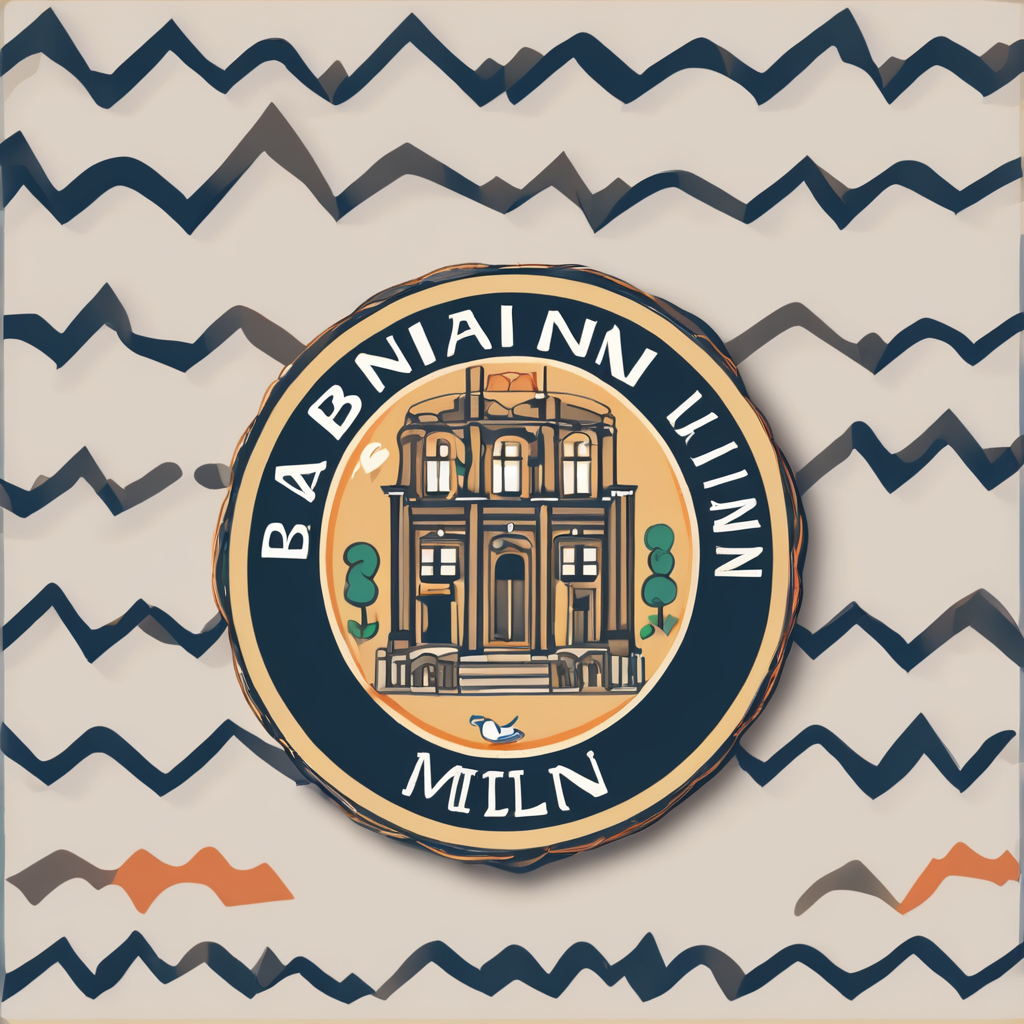Key criteria for identifying eco-friendly vacation homes in the Cotswolds
When seeking eco-friendly holiday homes in the Cotswolds, it’s crucial to focus on authentic sustainable vacation homes that genuinely reduce environmental impact. Key sustainability features include energy efficiency, such as solar panels or insulation, alongside water conservation measures like rainwater harvesting or low-flow fittings. Additionally, effective waste reduction practices, such as on-site composting or recycling systems, are important indicators of genuine eco-consciousness.
Location also plays a role: eco-friendly vacation homes in the Cotswolds often prioritise proximity to nature reserves or use local materials that blend with the region’s heritage. Design considerations should balance ecological sensitivity with comfort, ensuring minimal landscape disturbance while maintaining a connection with the local environment.
Additional reading : Find your ideal isle of skye getaway close to stunning hiking paths
Beware of greenwashing, where properties claim to be sustainable through superficial or misleading marketing. Authentic eco-friendly holiday homes provide transparent information on their practices and certifications, and practical evidence like energy bills or waste audits is a good sign. By focusing on these criteria, travellers can confidently select truly Cotswolds eco-accommodation that supports both environmental and community well-being.
Understanding sustainability certifications and standards
Certifications are crucial to identify truly eco-friendly holiday homes and avoid greenwashing. In the UK, established eco-certifications such as BREEAM and the Green Tourism Standard offer robust verification. These certifications assess a property’s energy use, waste management, water conservation, and carbon footprint, ensuring compliance with trusted sustainable property standards.
This might interest you : How Do You Choose the Right Rental for a Family Holiday in the UK?
International marks like LEED and EarthCheck are also recognized benchmarks for sustainable vacation homes. They require rigorous audits, so a vacation home holding these reflects genuine commitment to sustainability beyond marketing claims.
When exploring Cotswolds eco-accommodation, ask for certification details and documentation. Verification can include checking the certifying body’s database or requesting recent audit reports. Transparent hosts will readily provide this information, aligning with authentic eco-conscious practices.
Understanding these standards empowers travellers to make informed choices. A certified vacation home guarantees lower environmental impact, often translating to energy efficiency, better water management, and effective waste reduction—all vital sustainability features. Verification protects against misleading claims, giving peace of mind and reinforcing your commitment to truly sustainable travel in the Cotswolds.
Essential tips for booking your eco-friendly stay in the Cotswolds
When booking eco-friendly holiday homes in the Cotswolds, start by choosing reputable booking platforms known for listing only genuine sustainable vacation homes. These platforms often vet properties based on strict sustainability standards. Local agencies familiar with Cotswolds eco-accommodation can also offer valuable insights and access to certified homes.
It’s wise to ask hosts direct questions about their environmental practices. For example: Do they use renewable energy sources? How do they manage water use and waste reduction on-site? Are there any certifications proving adherence to eco-friendly holiday homes criteria? Such queries help avoid greenwashing by revealing authentic eco-conscious approaches.
Also, examine reviews and testimonials carefully. Look for comments highlighting specific eco-friendly features, such as efficient heating systems or composting facilities, rather than vague claims. Verified guest experiences provide clues about the property’s true sustainability.
By combining these tips—researching trusted platforms, questioning hosts on their practices, and evaluating authentic reviews—you can confidently book Cotswolds eco-accommodation that aligns with your values. This approach ensures your stay contributes positively to the environment and sets a strong example for eco-travel habits.
Key criteria for identifying eco-friendly vacation homes in the Cotswolds
When discerning genuine eco-friendly holiday homes in the Cotswolds, essential sustainability features are paramount. Prioritise energy efficiency through solar panels, high-grade insulation, and efficient heating systems. These reduce carbon footprints significantly. Water conservation is another critical aspect; look for rainwater harvesting, low-flow fittings, and greywater recycling that showcase a commitment to responsible water use.
Effective waste reduction strategies further define authentic sustainable vacation homes. On-site composting and recycling facilities indicate proactive environmental management, distinguishing true eco-conscious stays from mere marketing claims.
Location and design deeply influence sustainability in the Cotswolds. Properties situated close to nature reserves or built using local, renewable materials both lessen environmental impact and respect regional heritage. Designs that blend seamlessly with the landscape maintain biodiversity and reduce visual disruption.
To avoid greenwashing, assess transparency. Authentic Cotswolds eco-accommodation openly shares details about their sustainability measures and certifications. They provide evidence like recent energy bills or waste audits, confirming actual performance rather than superficial eco-labeling.
By focusing on these criteria, travellers can confidently select eco-friendly holiday homes in the Cotswolds that uphold genuine sustainable values while offering a comfortable, responsible stay.
Key criteria for identifying eco-friendly vacation homes in the Cotswolds
Identifying authentic eco-friendly holiday homes requires examining essential sustainability features closely. Prioritise energy efficiency elements like solar panels, smart thermostats, and superior insulation to minimise electricity consumption. Such upgrades lead to significantly lower carbon emissions and reduced energy bills during your stay. Water conservation measures are also key; properties implementing rainwater harvesting systems, low-flow taps, or greywater recycling demonstrate a serious commitment to reducing water use.
Effective waste reduction distinguishes truly sustainable vacation homes. On-site composting and organised recycling underline active environmental responsibility beyond basic compliance or marketing claims. Such practices reduce landfill contribution, preserving the local Cotswolds environment.
Location and design further impact sustainability. Look for homes that use local, renewable materials, reflecting regional heritage while limiting transport emissions. Buildings sited near nature reserves or within existing villages lower landscape disruption and promote biodiversity.
Beware of greenwashing tactics, which falsely advertise eco-friendliness. Trustworthy Cotswolds eco-accommodation provides transparent evidence—such as recent energy bills, waste audits, or certification details—validating genuine eco-conscious efforts. This transparency helps travellers differentiate between surface-level claims and meaningful sustainable living experiences.
Key criteria for identifying eco-friendly vacation homes in the Cotswolds
When searching for eco-friendly holiday homes in the Cotswolds, focus on core sustainability features that prove genuine environmental care. Energy efficiency is paramount—look for homes equipped with solar panels, energy-saving appliances, and effective insulation. These reduce carbon emissions and lower utility use, aligning with authentic Cotswolds eco-accommodation standards.
Water conservation measures matter equally. Systems like rainwater harvesting or greywater recycling show conscious efforts to minimise water consumption, crucial in sustainable vacation homes. Equally, waste reduction strategies such as on-site composting and comprehensive recycling facilities reflect proactive environmental responsibility, distinguishing truly sustainable vacation homes from superficial claims.
Location and design uniquely influence sustainability in the Cotswolds. Properties constructed with local, renewable materials respect regional heritage, while those sited near protected natural areas reduce environmental disruption and support biodiversity.
To discern authenticity, watch for transparency. Trustworthy eco-friendly holiday homes openly share proof of their practices, such as recent energy bills or waste audits. This evidence protects travellers against greenwashing—false or exaggerated eco-claims—providing confidence in selecting genuinely sustainable stays that contribute positively to the Cotswolds environment and community.





